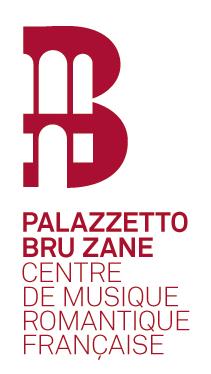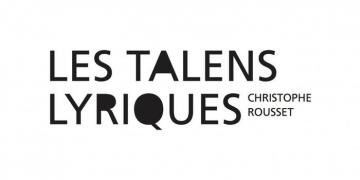Antonio Salieri was born in Verona in 1750 and died in Vienna in 1825. He was a major composer during the late baroque and early romantic era. He was a protégé of Gluck and worked essentially at the Habsburg court in Austria. He rapidly became an iconic figure, and young composers flocked from all over Europe to study under him or seek his advice. Salieri was educated in the Italian bel canto tradition but was very receptive to contemporary influences. After concentrating on opera seria and opera buffa his style became denser, more dramatic and orchestral. Gluck procured for him the chance to compose three French operas for the Académie Royale de Musique in Paris, namely Les Danaïdes (1784), Les Horaces (1786) and Tarare (1787). The first was rightly considered a masterpiece before the advent of Romanticism, and so impressed Berlioz in the 1820’s that it prompted him to become a composer himself. Tarare was also extremely successfully for decades but failed to go down in history. Both works were performed to modern audiences between 1960 and 1990, but this was before the enthusiasm of the ‘Baroque revolution’. Les Horaces, was a total flop in 1786 and seemed henceforth doomed to silence.
The Centre de musique baroque de Versailles, anxious to resurrect Salieri’s ‘French trilogy’, joined forces with Christophe Rousset and his ensemble Les Talens Lyriques to record the world premiere of Les Horaces and new performances of Les Danaïdes and Tarare. The research, preparation, editing and production work lasted six years (2013-2019), with valuable input from CMBV partners Palazzetto Bru-Zane, the Aparté record label and the Theater an der Wien. With the participation of the CMBV adult choir Les Chantres and a prestigious cast including Judith Van Wanroij, Karine Deshayes, Tassis Christoyannis, Jean-Sébastien Bou and Cyrille Dubois, specialists and connoisseurs can now enjoy landmark performances of Salieri’s French operas.






